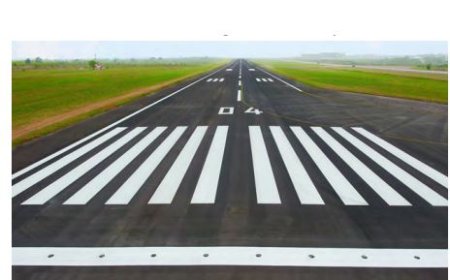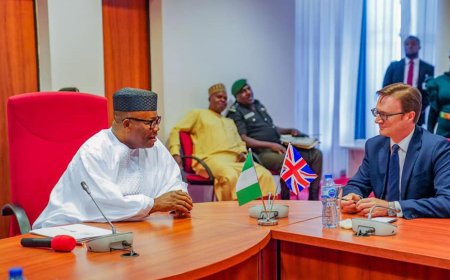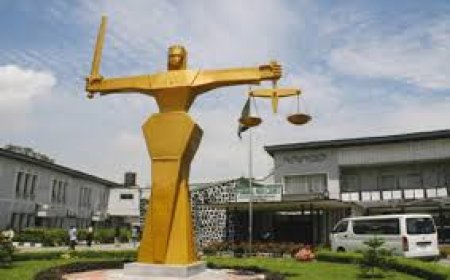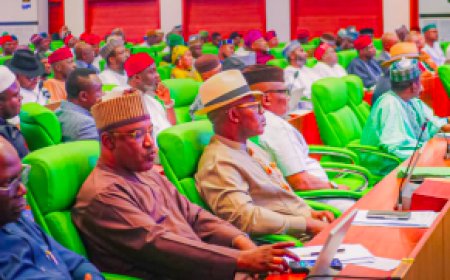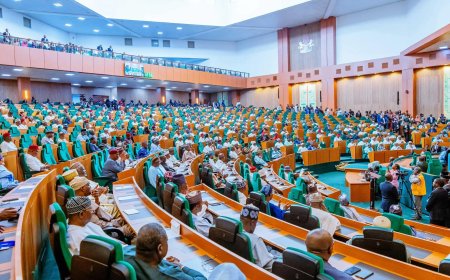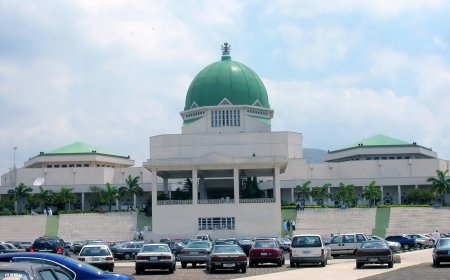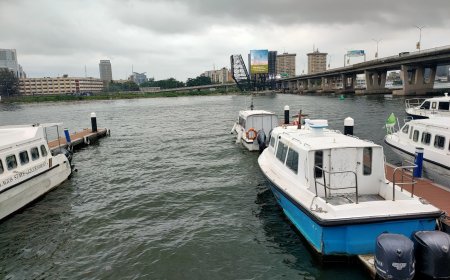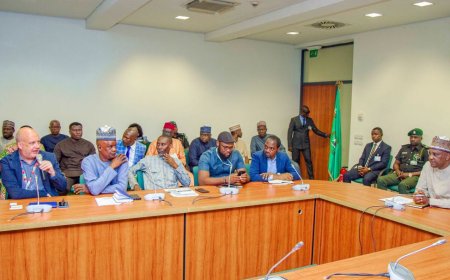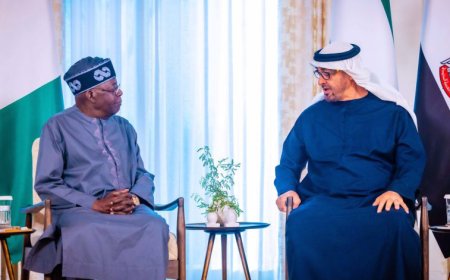LEGISLATIVE SUPPORT FOR EFFECTIVE NIGERIAN FOREIGN POLICY
Click here to track progress
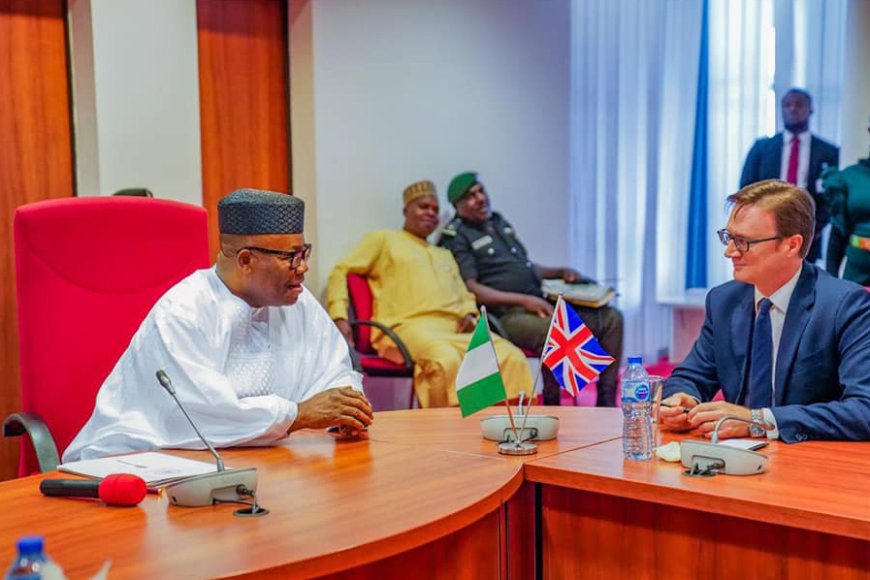
Since independence, Nigeria’s foreign policy has largely revolved around our position as a regional power in West Africa and a significant player on the African continent. However, experts have noted the declining influence on the international front in the last decade. The 10th Senate recognises that foreign policy typically falls under the purview of the Executive. However, the legislature also has a significant role in influencing, creating, and directing foreign policy. This is especially the case in presidential systems like Nigeria’s. Accordingly, the Senate will propose legislative measures to provide a robust framework for Nigeria’s foreign policy, strengthening diplomatic relations, promoting economic interests, enhancing security
cooperation, global peace, and development and positioning Nigeria as an active and influential player in the international community .Other areas of intervention include ensuring that foreign policy promotes and protects the interests of Nigeria and its citizens within and outside the country and guides diplomacy and multilateral relations with other
countries and international bodies.
Specific legislative actions of the Senate are:
i. Review all treaties to which Nigeria is a signatory to domesticate them.
ii. Ensure compliance with constitutional processes established for entry into treaties.
iii. Harmonise the provisions of the Constitution and the Treaty Ratification Act to ensure consistency.
iv. Improve funding for Nigerian diplomatic missions to promote economic diplomacy.
v. Collaborate with the Executive to establish a comprehensive economic diplomacy framework that integrates Nigeria’s
economic interests, trade promotion, investment facilitation and economic cooperation into the larger context of our foreign policy.
vi. Strengthen parliamentary diplomacy through the Senate Friendship Groups, where legislators engage directly with their counterparts from other countries to complement formal diplomatic channels.
vii. Use legislative measures such as Hearings and Resolutions to promote and protect the lives and properties of Nigerians abroad.
viii. Introduce legislation to support and enhance security cooperation, especially within the sub-region and the African continent.
ix. Strengthen the Foreign Affairs Committee and other related Committees to oversee Nigeria’s foreign policy.
x. Citizens’ centred diplomacy
